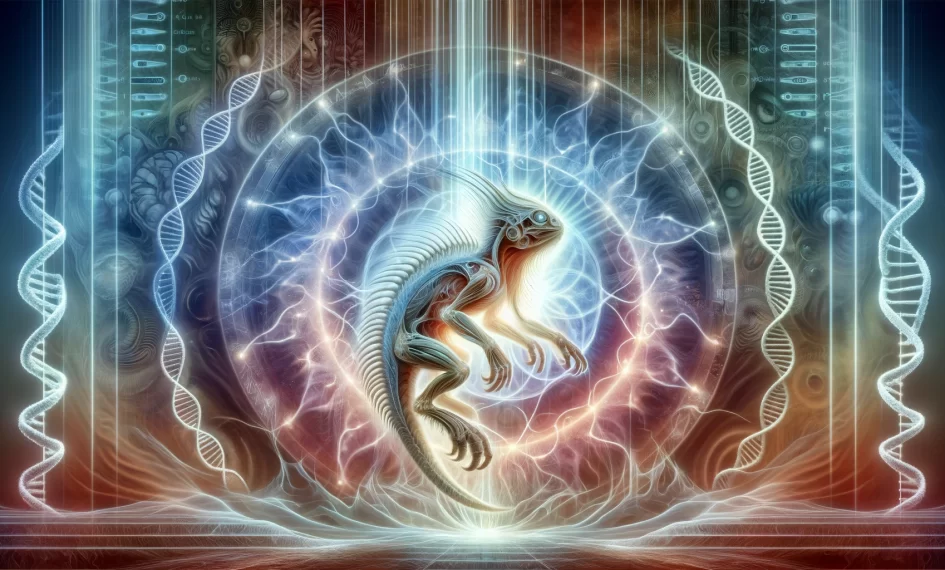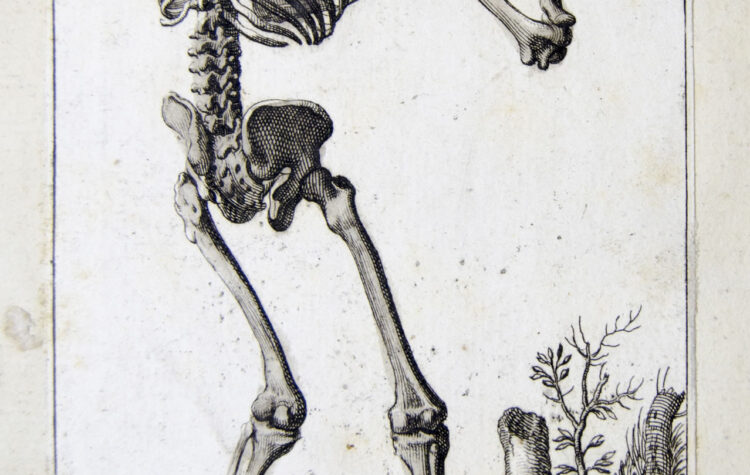Definition:
Caenogenesis, also spelled cenogenesis, refers to the evolutionary development of traits or structures in an organism that are not inherited from its ancestors but arise anew in the organism’s development. It contrasts with palingenesis, which involves the re-appearance of ancestral traits.
Etymology & Origin:
The term “caenogenesis” is derived from the Greek words “kainos” meaning “new,” and “genesis” meaning “origin” or “birth.” It was introduced into biological discourse in the late 19th to early 20th century to describe developmental processes in organisms that lead to new features not present in their direct ancestors.
Examples:
- The development of certain larval stages in some insects and amphibians that have no counterpart in their evolutionary history.
- Unique adaptations in specific environments, such as the specialized beaks of Darwin’s finches, developed due to caenogenesis.



